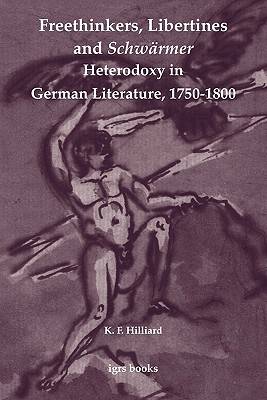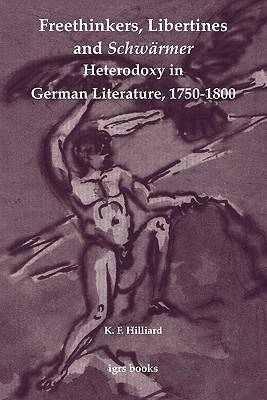
- Retrait gratuit dans votre magasin Club
- 7.000.000 titres dans notre catalogue
- Payer en toute sécurité
- Toujours un magasin près de chez vous
- Retrait gratuit dans votre magasin Club
- 7.000.0000 titres dans notre catalogue
- Payer en toute sécurité
- Toujours un magasin près de chez vous
Freethinkers, Libertines and Schwarmer
Heterodoxy in German Literature, 1750-1800 Volume 1
K F Hilliard
34,95 €
+ 69 points
Description
Professor Senia Paseta argues that our understanding of modern Irish and British politics would be enormously enriched if we recognized two things: that the Irish and British suffrage movements were deeply connected; and that the women's suffrage movement across the United Kingdom was shaped in fundamental ways by the Irish Question from the late nineteenth century and into the twentieth. In other words, the women's suffrage movement did not exist in a political vacuum. It interacted with, influenced and was influenced by the other main political questions of the day, and with the main political question of the day - Ireland.
Spécifications
Parties prenantes
- Auteur(s) :
- Editeur:
Contenu
- Nombre de pages :
- 294
- Langue:
- Anglais
- Collection :
Caractéristiques
- EAN:
- 9780854572250
- Date de parution :
- 30-07-10
- Format:
- Livre broché
- Format numérique:
- Trade paperback (VS)
- Dimensions :
- 152 mm x 229 mm
- Poids :
- 394 g

Les avis
Nous publions uniquement les avis qui respectent les conditions requises. Consultez nos conditions pour les avis.






